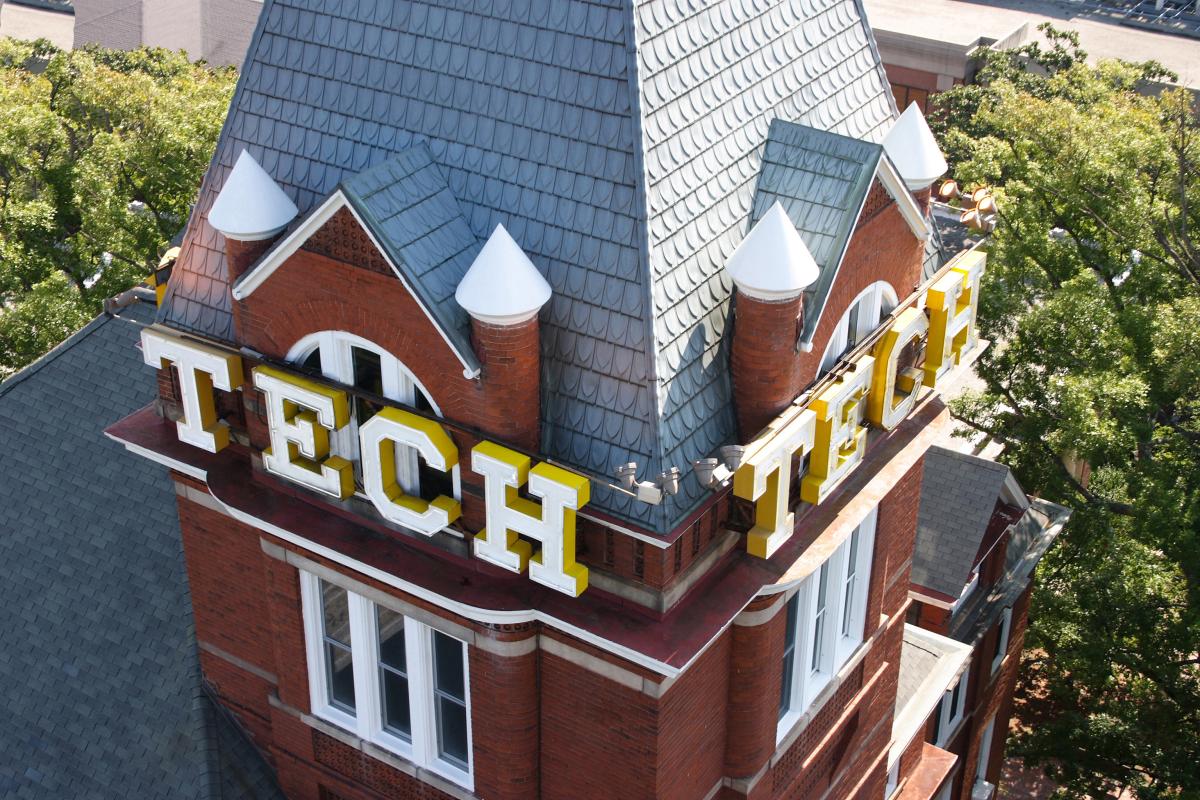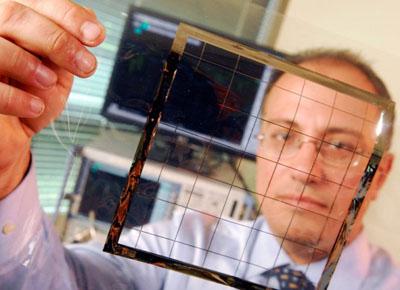
Manos M. Tentzeris, professor with the School of Electrical and Computer Engineering, was recently featured by Microsoft Research Connections for his advances in developing technology to prevent the sale of counterfeit goods. The proposed technology, referred to as RF-DNA, would be used in the creation of the Certificates of Authenticity that often accompany expensive or otherwise unique products. Using radio-frequency electromagnetic “fingerprints” of dielectric and conductive resonators in the near-field, the digital signature on the certificate will be cheap to produce, but ostensibly challenging for counterfeiters to replicate.
The challenge in creating anti-counterfeit technology lies in finding a mechanism that is sophisticated enough to deter unauthorized reproductions, but cheap enough for genuine retailers to produce and authenticate. Dr. Tentzeris’ proposed certificates can be created at the less than one cent each, with the reader costing a relatively reasonable $100 when produced in mass quantities. Since the reader is contactless, the “fingerprint” will easily stand up to the wear and tear of time.
Currently, Dr. Tentzeris is the head of GT-ECE Electromagnetics Technical Interest Group. In addition, he is the head of the ATHENA (Agile Technologies for High-performance Electromagnetic Novel Applications) research group (20 students and researchers) and has established academic programs in highly integrated/multilayer packaging for RF and wireless applications using ceramic and organic flexible materials, plastic/paper-based RFIDs and sensors, inkjet-printed electronics and antennas, RF nanostructures, SOP-integrated (ultrawideband, multiband, conformal) antennas, “green” RF electronics, wearable RF, power scavenging, wireless power transfer and RF biomonitoring, and implantable devices.
